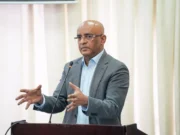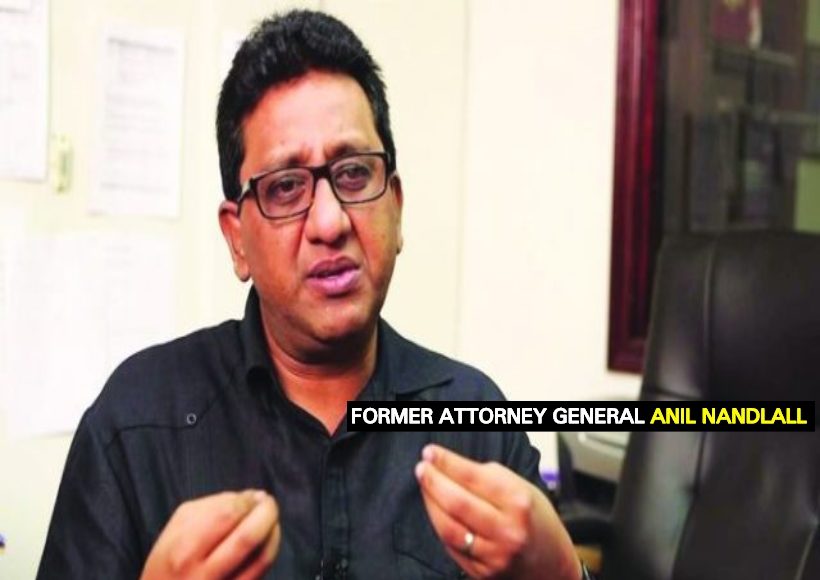Given the ruling of Chief Justice (CJ) Justice Roxanne George-Wiltshire that it is unconstitutional to remove the names of persons already registered from the National Register, then the ongoing house-to-house registration aimed at creating a new national register will result in the re-registration of citizens — an action which flies in the face of the National Registration Act, argues former Attorney General and Legal Affairs Minister Anil Nandlall.
On his Facebook page, Nandlall made specific reference to Section 11(1) of the National Registration Act, which states: “No person shall be registered in more than one divisional register or more than once in any register established under section 9.”
Section 9 states: (1) The Commissioner shall establish a central register which shall consist of the originals of the registration cards of all persons registered under this Act or such copies thereof prepared in conformity with section 7(1) as may be prescribed by the Minister, on the advice of the Elections Commission.
(2) Every registrar shall establish for each registration division in his district a divisional registrar which shall consist of the duplicate registration cards of all persons registered under this Act as resident in that registration division or such other copies thereof prepared in conformity with section 7(1) as may be prescribed.
Nandlall went on to quote Section 21 of the act, which states: “Every person who procures, or induces another person to procure, his registration in more than one divisional register or more than once in any register established under section 9 shall be liable on summary conviction to a fine of five thousand dollars and to imprisonment for six months.”
The attorney-at-law said that the aforementioned provisions of the law not only prohibit duplicate registration but makes it a criminal offence and every enumerator who registers a person already registered commits a criminal offence.
Referencing the CJ’s pronouncement that it is unconstitutional and unlawful to remove from the National Register the names of persons already registered, more specifically, on the ground of “residency”, he noted that Sections 11 and 21 of the Act, along with the CJ’s ruling, “aggregate to establish beyond doubt” that the data generated by the house-to-house exercise is grounded in illegality.
“Yet, at the behest of the Government Commissioners, GECOM [Guyana Elections Commission] continues to deliberate on what use can be made of this, largely, illegally accumulated data. These Commissioners continue to, irrationally, argue that an alternative database should be created using this data, although the clear policy and intent of the National Registration Act is to create a singular database,” Nandlall stated.
He argued further, that the house-to-house registration will take months to accomplish and the only use which can be made of it is to extract the new registrants since the Chief Justice ruled that names already on the register cannot be removed. The politician contends that these new registrants can easily be captured in a cycle of Claims and Objections – the process being touted by the Parliamentary Opposition.













